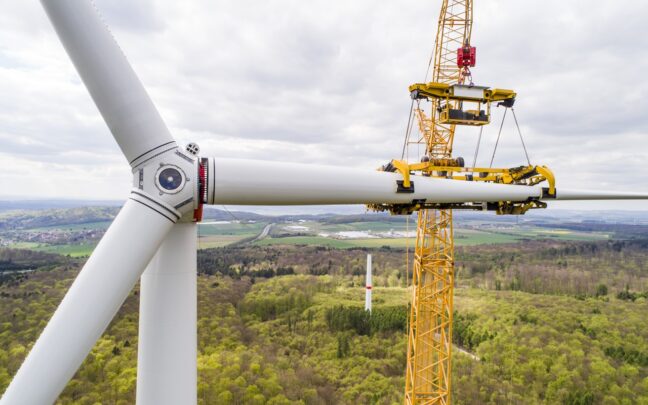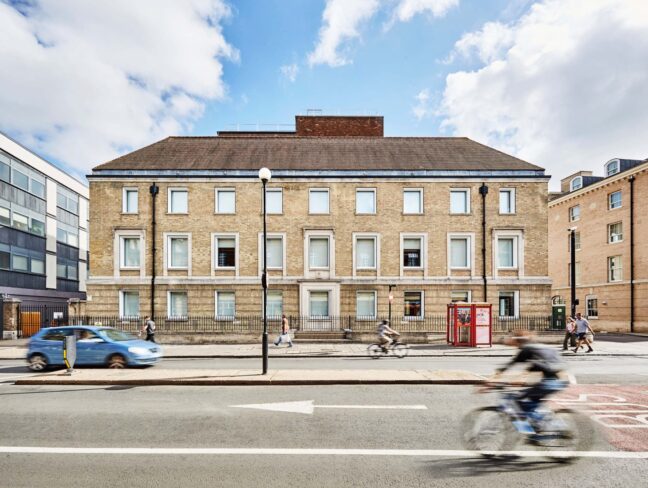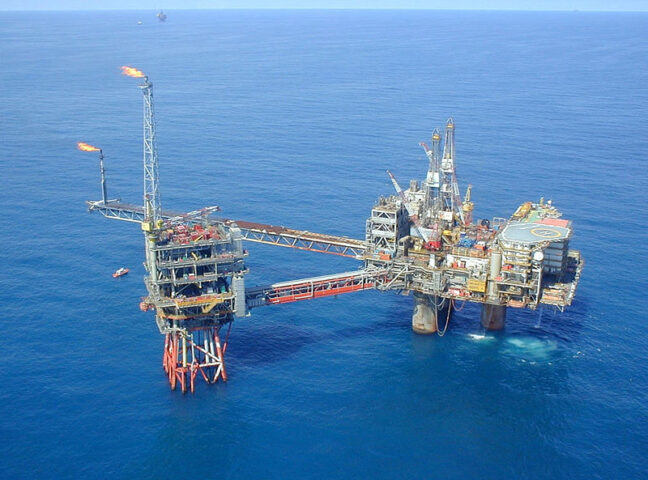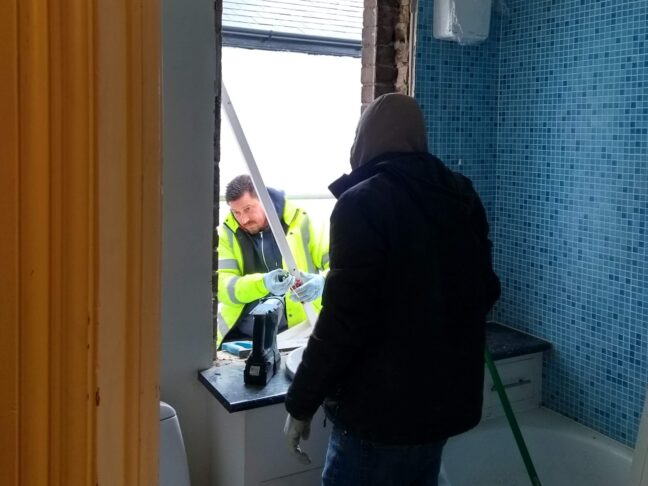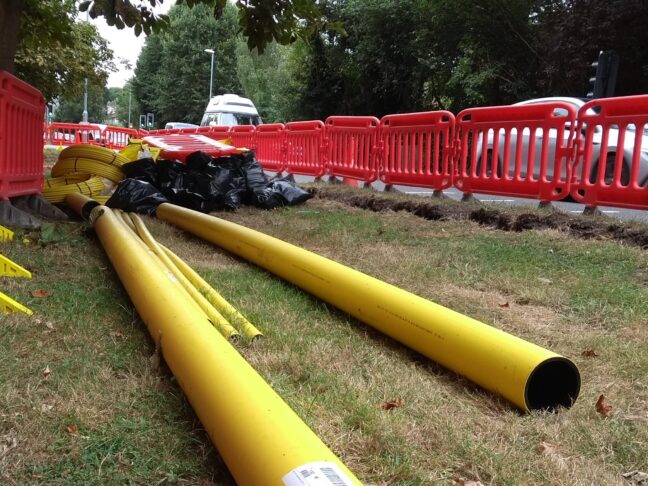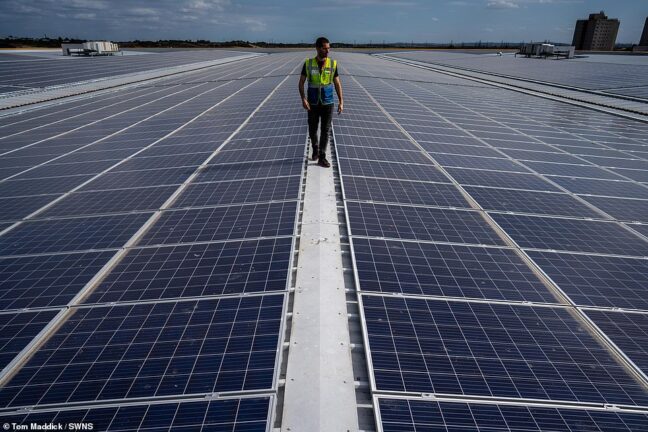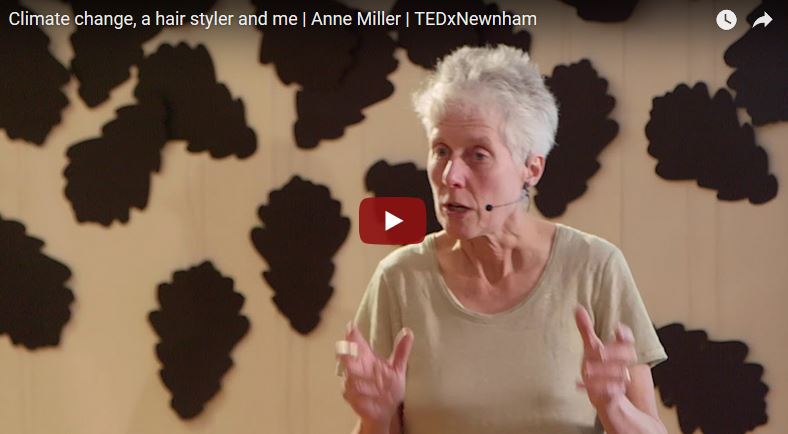Liz Truss’s dangerously ideological new government is wasting no time in dismantling the UK as we knew it
We are seeing a dangerous attack on the system of rights, rules and regulations that constrain the worst excesses of rapacious capitalism.
Rightly there was outrage at Kwasi Kwarteng’s “fiscal event” on 23 September, with its massive, unprecedented transfer of wealth from ordinary people to the richest 1% (despite a subsequent U turn on the top rate of tax) .
This un-costed, un-funded proposed giveaway was criticised even by multimillionaires and set the pound plummeting in value, increasing the cost of everything we import, from vegetables to fuel. Even the previously announced, much-needed, cap on energy prices will be paid for by future taxpayers, rather than by a proper windfall tax on energy companies.
However, in parallel with this blatant wealth transfer, we are seeing an equally dangerous attack on the system of rights, rules and regulations that constrain the worst excesses of rapacious capitalism.
As part of the “fiscal event” it was announced that planning rules will be relaxed, particularly in the (unlimited number) of so called “Investment Zones”, freeing developers to build whatever and wherever they like. Is this what the Conservative’s core voters really want?
Farmers, land owners and conservationists were outraged when it was announced last week that the Environmental Land Management Scheme (ELMS) had been put on hold. This has been in the pipeline since Brexit and would have replaced the EU’s agricultural subsidy scheme (which paid out based on the area of land) with a more sensible approach that rewarded landowners for providing public benefits, such as flood prevention or improving habitats. NGOs such as the RSPB and the Wildlife Trusts are furious, pointing out that there is an “attack on nature”
But we’re also faced with an astonishing attack on workers’ rights, human health, the wider environment and even the prosperity of UK businesses.
The day before the “fiscal event”, Jacob Rees-Mogg (the improbable Secretary of State for BEIS) announced a dangerous (although boringly named) ”Retained EU Law (Revocation and Reform) Bill”. It’s announcing “sunset” on 31 December 2023, for virtually all the environmental and worker protections we now take for granted, unless they are specifically retained.
When we left the EU, over 2,400 pieces of complicated and interlinked legislation were carried over onto the UK statute book. These include the Water Environment Framework Directive and its raft of subsidiary Directives, which protect rivers and coasts from sewage and chemical pollution; REACH, which controls the safety of chemicals; the Ecodesign Directive, setting energy efficiency standards for products; and the Habitat Regulations that protect birds and animals. Thousands of others set important protections such as labelling allergens, emissions standards for vehicles, the safe operation of oil wells, protecting pregnant workers and the right to holiday pay.
To take just one example. We have a right to clean water, because at the moment, water companies are required by retained EU regulations such as the Bathing Water Directive and the Urban Waste Water Treatment Directive to treat sewage before it’s discharged into rivers and along coasts. This applies particularly in areas where the water is used for drinking water, swimming, shellfish, fishing or important habitats.
As we’ve seen this summer, sewage discharges are worryingly common, but the worst discharges are at least illegal. In July Southern Water was fined £90 Million for deliberately discharging billions of litres of raw sewage into the environment, in breach of its permit obligations under the Urban Waste Water Treatment Directive.
If these retained EU Directives and the threats of legal action were removed, water companies’ only obligations would be to maximise returns to their (often foreign) shareholders and give generous bonuses to their chief executives. They would be free to dump as much sewage into our rivers and coastal bathing areas as they liked. They would no longer need to invest billions in improving their sewage works and upgrading infrastructure. Foreign investors would like the short-term increase in profitability, but wouldn’t necessarily care about the pollution of UK waters, or the loss of the jobs that would otherwise have been created. Share prices in those companies would probably rise. Foreign buyers would snap up UK companies, made suddenly much cheaper thanks to the fall in the pound.
This seems to be the so called “Growth” that this disgraceful Government proudly says it wants to achieve.
To take another example: the EU’s Ecodesign Directive was introduced in 2008 and sets important standards for the energy efficiency and reparability of electrical products. These aim to reduce both running costs and carbon emissions, and include a requirement that devices must draw negligible power when on standby. Removing these could take us back to the days when a TV left on standby could use over 100kWh of electricity (costing £34 a year at 2022 prices) to do absolutely nothing. Do we want this? Do UK manufacturers really want the complexity and uncertainties of having to produce energy efficient versions of their products for the EU market, while having to compete with a flood of cheap, poor quality imports newly allowed into their home market? It would be a nightmare.
These rights and protections were developed and refined over our 40 years membership of the EU, but the new Bill says that ALL of these will be removed on 31 December 2023, unless specifically reviewed and retained.
Behind the scenes, civil servants are faced with balancing an impossible task: meeting the government’s cut-off date for reviewing the legislation vs delivering existing priorities. In any case, it’s a mammoth task for a civil service that Rees-Mogg wants to trim by around 91,000 jobs.
There’s no way this can be done properly within the time limit, and the government clearly recognises this. MPs will just get a Yes/no vote, with no opportunity to debate and refine the legislation. Worryingly, even if a particular regulation is retained, the bill includes a clause that gives ministers the power to subsequently change, replace or revoke it, without consulting parliament. The Hansard Society has described this as a ‘do whatever you like’ power.
The Government has (slightly laughingly) published a “dashboard” summarising 2400 pieces of Retained EU Law (RUEL) They admit that the list is incomplete, the details limited, and the “search” facility is poor, but they are inviting the public to use this to “highlight any specific regulations that they would like to see amended, repealed or replaced.” Interestingly, the word “retained” is not included.
We, the British public, businesses, NGOs, MPs and lawmakers will need to fight hard to retain our protections, in the face of this outrageous Bonfire of our Rights.
First Published in Left Foot Forward.
